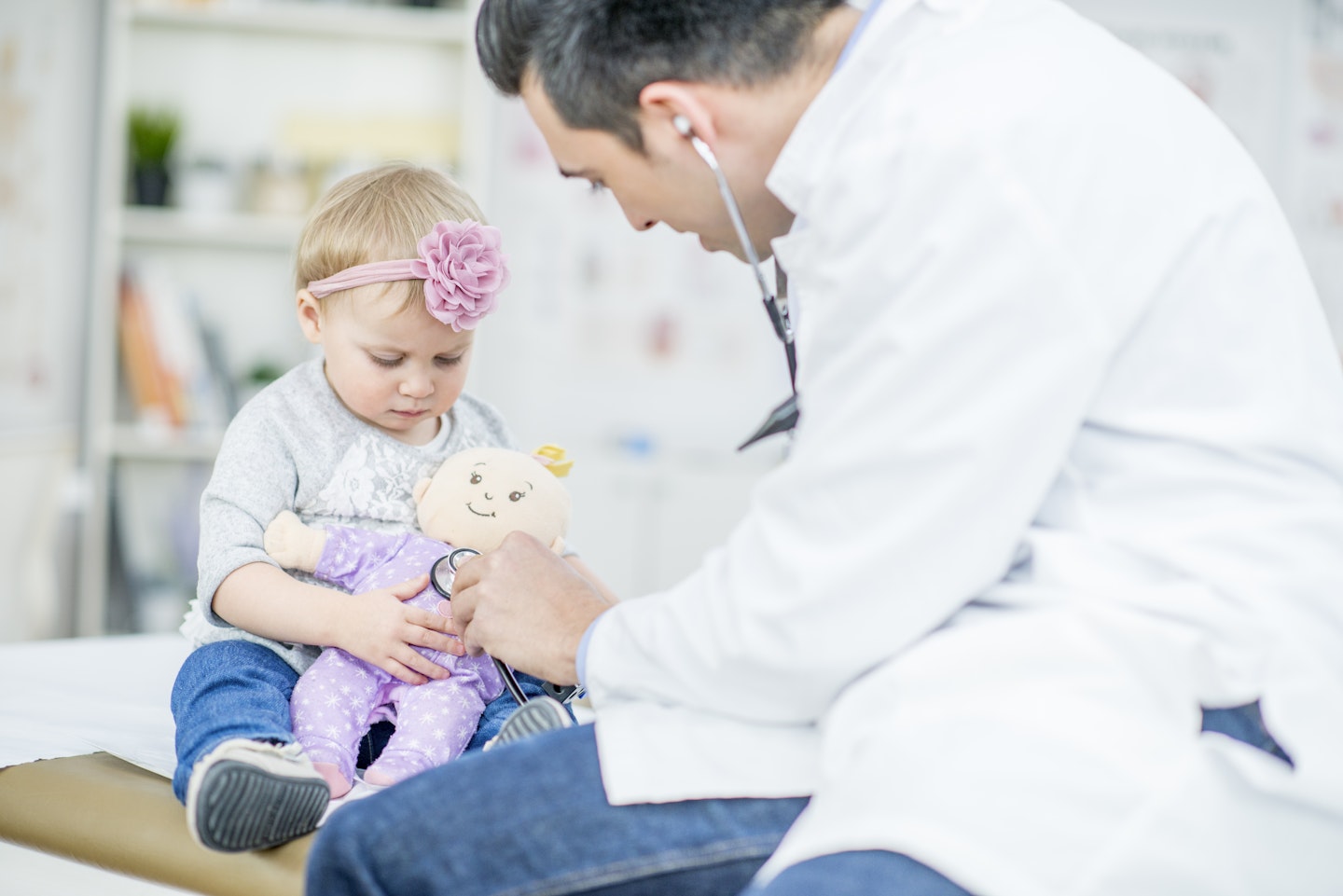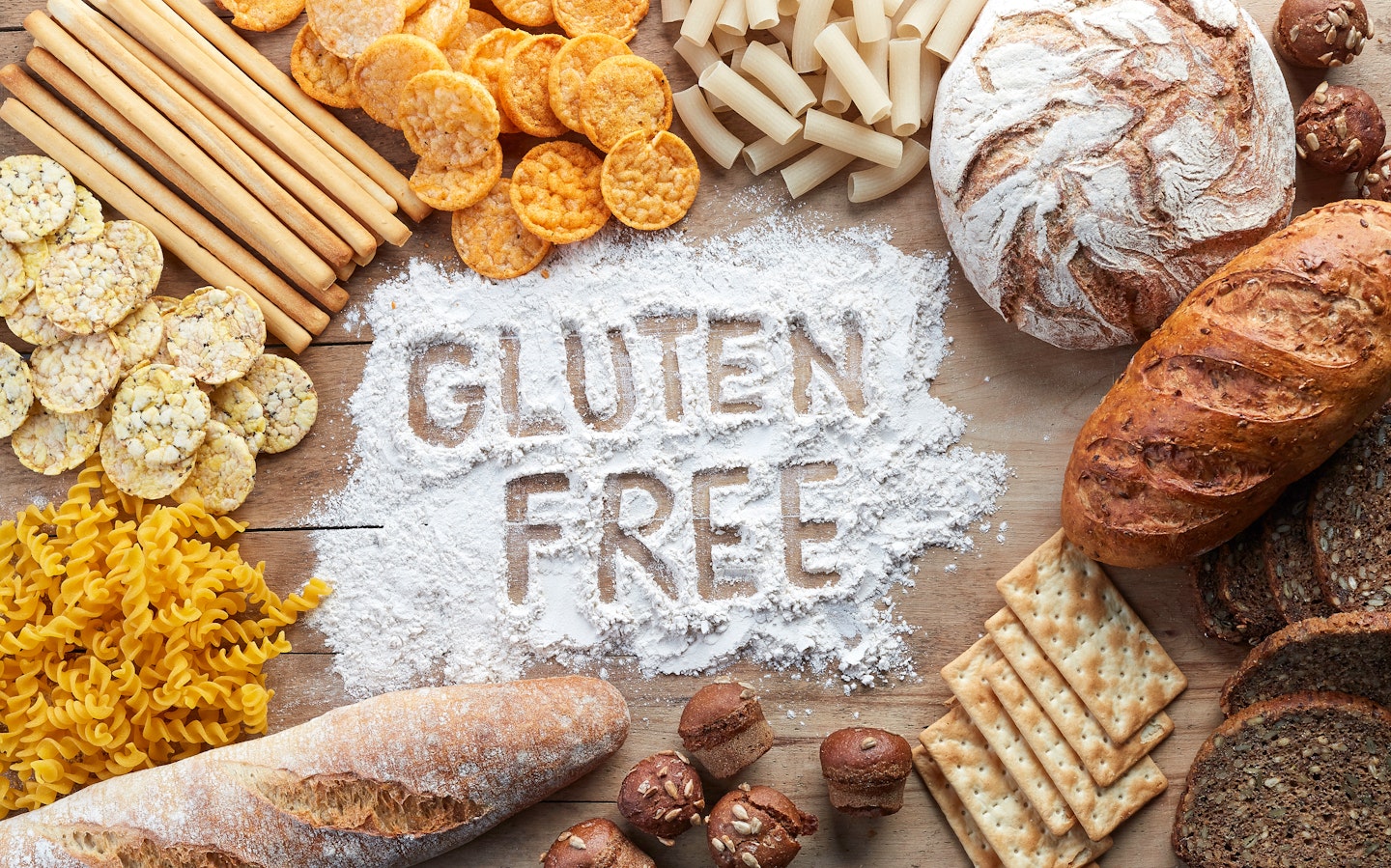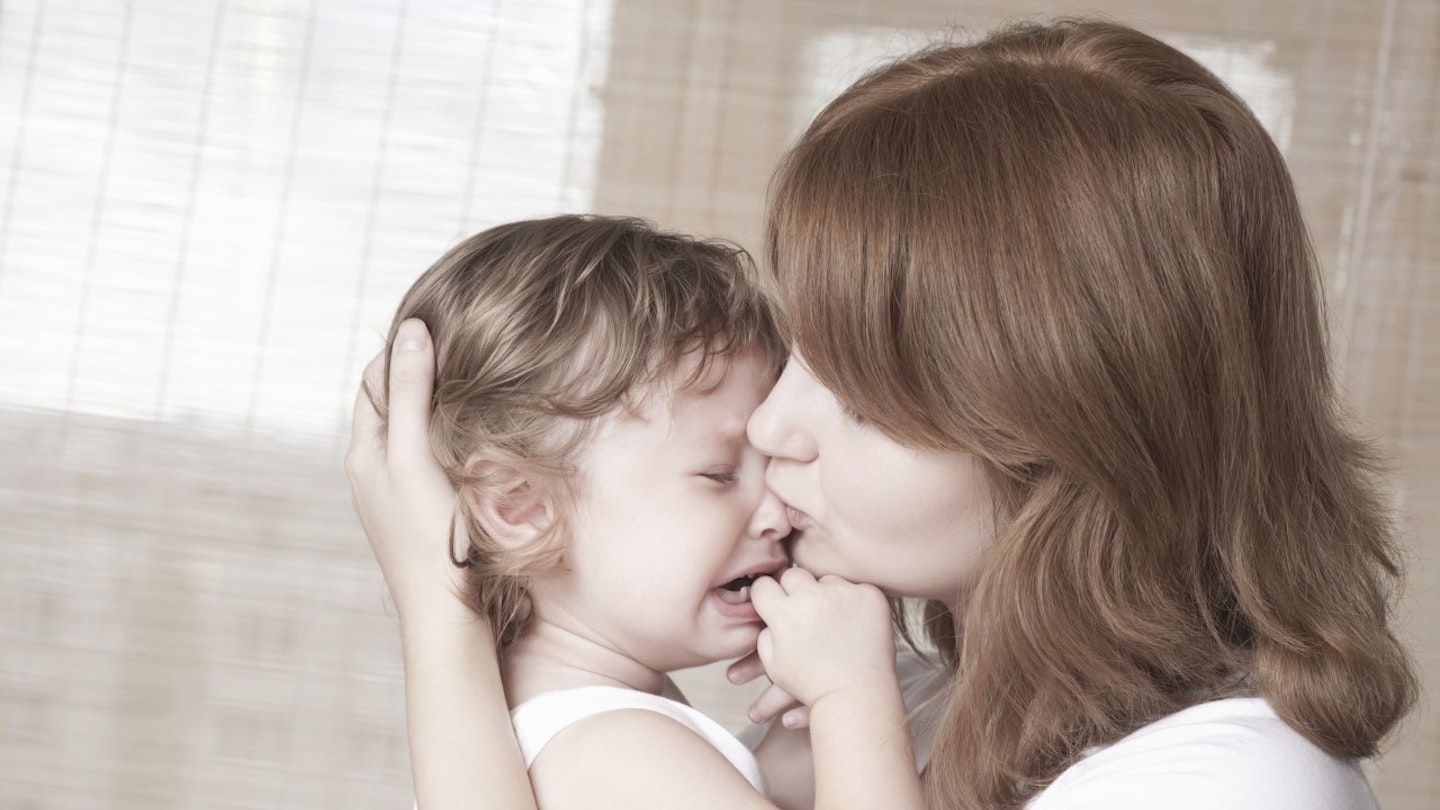If your toddler is fussing over food and having persistent tummy upsets, could it be about a reaction to certain foods? Find out all you need to know about the symptoms of coeliac disease and gluten intolerance, the diagnosis and what you can do.
A food intolerance is one of the last things you want your baby to have, but picking up on the condition is a good thing.
Managed the right way, with the right diet and information, coeliac disease doesn’t have to affect your toddler’s quality of life or development.
What is it?

Often mistakenly thought of as a food allergy, coeliac disease (pronounced see-liac) is a long-running and common condition. It’s thought around one in 100 people in the UK have the illness, but surprisingly only 10 to 15 per cent are ever diagnosed.
‘It’s where the body’s immune system attacks itself when gluten is eaten,’ says Nicola Crawford-Taylor, dietitian at Coeliac UK. ‘This causes damage to the delicate lining of your toddler’s gut and means that the body cannot properly absorb nutrients from food. It can develop at any age after weaning onto cereals that contain gluten.’
A food intolerance is one of the last things you want your baby to have, but picking up on the condition is a good thing.
The condition does run in families – but not in a predictable way. ‘Around one in 10 close relatives of people with coeliac disease will be at risk of developing it,’ says Nicola.
What are the symptoms?

If your toddler has coeliac disease, he’ll probably show symptoms within a few hours. You may notice an excessive amount of irritability and crying, which can be quite similar to the signs of colic.
‘The classic symptoms of coeliac disease in infants include diarrhoea, bloating and tiredness,’ says Nicola. ‘Faltering growth and a failure to thrive are other signs.’
Also keep an eye on your tot’s unwillingness to eat. If he is sensitive to gluten then he may associate eating with pain.
If the symptoms aren’t that severe – but are present – your tot could have non-coeliac gluten sensitivity. ‘The symptoms of this may be similar to those experienced by many people with coeliac disease,’ says Nicola. ‘But it is not clear how the immune system might be involved and there does not appear to be the typical damage to the lining of the gut.’
How is it diagnosed?

If you and your GP suspect coeliac disease, your toddler will probably be referred to a specialist who will test for the condition. And don’t worry about being pushy as detection is notoriously slow. Delayed diagnosis is common and coeliac UK research shows that average time it takes to be diagnosed is 13 years.
‘The first step is to discuss your child’s symptoms with his GP, who will take a simple blood test to check for antibodies,’ says Nicola. ‘In people with coeliac disease, antibodies are produced by the body in response to eating gluten. It is therefore essential that your child continues to eat gluten during the testing.’
If your tot has a positive antibody test, his GP will suggest further testing and probably will refer him to a paediatric gastroenterologist who will do this.
What foods should be avoided?

Your toddler will also be referred to a dietician to go through the gluten-free diet with you. This diet change can seem overwhelming as there is gluten in lots of common food products such as bread, cakes, cereals and pasta. You can find a full list here.
Make sure you read every food label very carefully as gluten is hidden in a whole range of foods and if you're planning on eating out always ring the restaurant first to check what meals they can provide. There are loads of substitutes and alternatives available, including gluten-free pastas, cakes and cereals. Ask your toddler’s specialist for more information.
